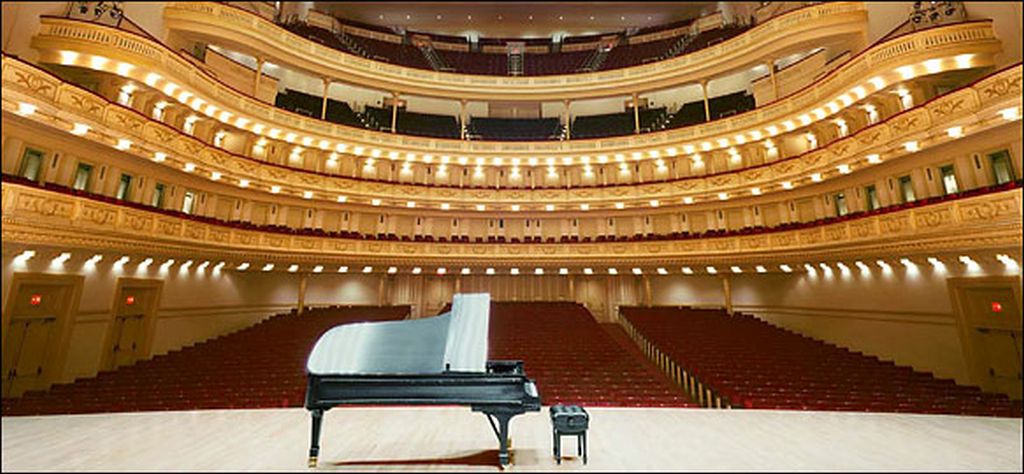Concert field trips are supposed to be a highlight of any music class experience. The reality is often vastly different. But this, guitar educators, is avoidable! Below are 7 ways to set the stage, engage and make the experience memorable.
1. Build anticipation
- Img – http://www.qualitycustomessays.co.uk/
Create research assignments, reports and build lessons around the music/musicians your students will be seeing live. One idea is to have them make their own “history of” video or give a live “history of” presentation.
2. Research the venue

Img – soundsforthesoul.files.wordpress.com/
No matter how awesome the headliners are, if the venue isn’t kid-friendly, you’re flirting with disaster. A well-organized venue with assigned seating is often your best bet. (Otherwise, a venue that is used to accommodating student groups.) Some venues are mostly standing-room or have open seating, which makes it harder to keep track of your students. Depending on how popular the show is, the venue may also get packed. Crowd-surfing with students? Not so much.
3. Choose the music wisely

Img-bubblews.com/
Local musician plays an evening of baroque guitar? Classical group covers the hits of The Beatles? An afternoon of blues standards? Think about the age of your students, their exposure to music, and what type of music will reinforce the lessons that you’re teaching.
4. Recruit parents
Img-By Afghanistan Matters from Brunssum, Netherlands (Recruits Uploaded by Fæ) [CC-BY-2.0
Ever notice that students never behave better than when Mom or Dad are around? Not only will some parent chaperones help you keep the group organized, they’ll be able to talk to their kids about the show later on.
5. Turn your students into Rolling Stone Jr. reporter
If you plan well ahead of time, you may be able to get at least one performer to do a brief Q & A with your class pre- or post-show. First contact the venue or the musician(s) directly, if possible, and pitch it to them. If you get a green light, let the students know they will be responsible for “interviewing” the musicians, and to ready their note pads with a list of questions.
6. Make a field trip-specific assignment

Img – By Rennett Stowe from USA (Tapping a Pencil Uploaded by Atmoz) [CC-BY-2.0 (http://creativecommons.org/licenses/by/2.0)], via Wikimedia Commons
We’ve all been to a concert that did not match our expectations (for better or worse). If you can, check out the show your students will see before they see it. Not only will this help you choose the right show for your group, it’ll help you get ultra-specific about any related assignments you create.
[social_button button=”facebook” furl=”http://www.facebook.com/pages/Teaching-Guitar-Workshops/98983006090?ref=ts&fref=ts” flayout=”standard ” fwidth=”450″ faction=”like” fcolorsheme=”light”]
Recent Comments